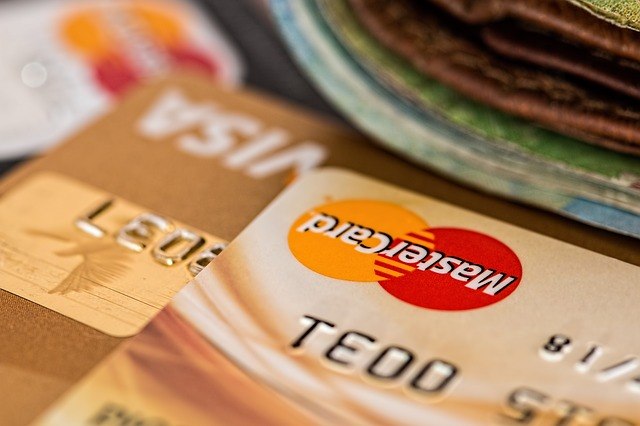Many of my clients ask me about the steps you need to take when filing for bankruptcy in New Jersey. While each client’s financial situation is different, there are several general steps that you will have to follow when filing for bankruptcy in New Jersey. As a New Jersey bankruptcy attorney, I will help guide you through this process, but it’s essential to be informed about it in the meantime. Keep reading to discover the 10 steps to filing for bankruptcy in New Jersey.
- Review Your Debt
It is important to be as organized as possible during this step of the process. Collect all of your documents and compile a list of all of the debt you have. Be sure to include collection agencies, judgments, and lawyers. It may be tempting to rely on just your credit report but don’t. Credit reports aren’t always 100% accurate. Not every creditor subscribes to a credit bureau to report the debt, so you will have to to gather this vital information.
- Determine Your Exemptions
When it comes to determining your exemptions, each state has different exemption laws. As an experienced bankruptcy attorney, I will help guide you through the process of deciding which exemptions you can take when filing Chapter 7 bankruptcy in New Jersey.
- Find Out the Type of Bankruptcy to File
One of the first things we do during our initial consultation is to find out What Type of Bankruptcy You Should File For. The options are generally Chapter 7 or Chapter 13. Chapter 7 bankruptcy is known as a liquidation type of bankruptcy that is meant to wipe out your debt. Chapter 13 bankruptcy is considered a reorganization where you can pay back a portion of your debt each month.
- Review Secured Debts
When you file for bankruptcy in New Jersey, it is vital to list all of your secured debt such as mortgages and car loans. This means as long as you remain current on your payments, you will be able to keep your house, car, and any other secured debts you may have. Click here to learn more about Protecting Your Assets in Bankruptcy.
- Credit Counseling
Every individual filing bankruptcy in New Jersey is required to take two different credit-counseling classes. The first class is for before you file. This class can be considered your “ticket in” to court. The second class is for after filing bankruptcy, but before the actual case closes. Consider this course your “ticket out” of court. These two courses are completed to help you better understand your financial situation. The classes must be taken with an approved credit counseling agency, which I will recommend to you. These classes are flexible to your convenience and may be taken online or over the phone.
- Fill Out and File Your Bankruptcy Forms
This step makes filing for bankruptcy in New Jersey official. Once you are ready and receive the paperwork, I will help you fill out the many pages of forms and documents that are essential to this process. I will then assist you in filing your petition to begin the bankruptcy proceedings.
- Attend a Meeting
Once you have filled out and filed your paperwork for bankruptcy, there is typically one meeting you must attend. This meeting will be held with the trustee of your case. Your trustee is the person assigned to administer your case. During the meeting, your case and forms will be reviewed. I will participate in the conference with you to ensure all of your questions and concerns are addressed.
- File Objections if Needed
Before the bankruptcy case is closed, there may be an instance where you need to dispute a creditor’s claim or eliminate a lien that has been placed against your property. To ensure a successful process, this is a perfect time to review any disputes or liens you may have. I can then help you file any objections you need.
- Handle Secured Debts
When we fill out the forms for your case, one question you are asked is how you plan on handling the secured debts you may have. Such as paying your current car loans or mortgages. Each of your secured debts must be dealt with before your case can be closed. Once they are handled, you will be ready to move on to the final step of this process.
- Receive Your Discharge
It’s time to receive your discharge. This is your very final step which means, you have reached the end of the bankruptcy process. Upon completion of a successful bankruptcy, the court will issue an order. The order states that all of your debts have been discharged. When your debts have been removed, you are no longer required to pay the creditor, and they are no longer allowed to demand any payment from you.
Filing for bankruptcy in New Jersey may seem like a daunting task, but as an experienced New Jersey bankruptcy attorney, I will help you every step of the way ensuring you get through this complicated process. Remember that we are here to help you. Once your bankruptcy has been discharged, you will be able to rebuild your life. Wondering how long this process may take? Check out A Timeline for Bankruptcy to learn more. Remember, there is life after bankruptcy. Please contact me for your free initial consultation.

